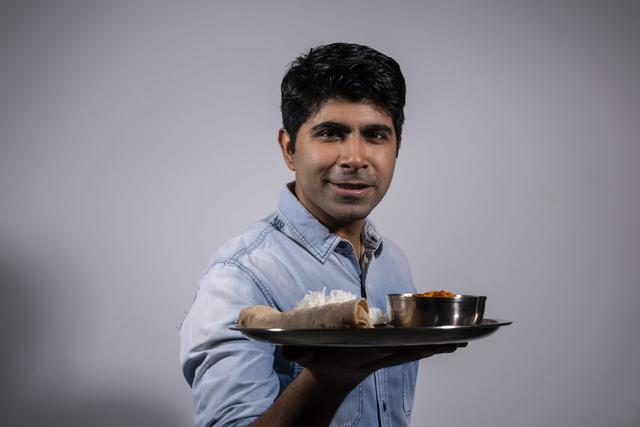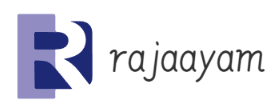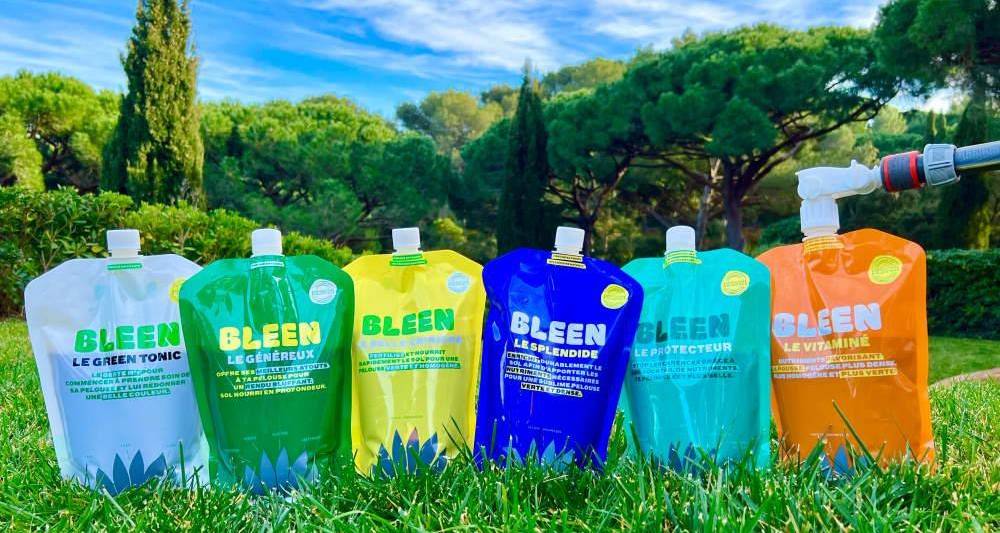Meet the man on a mission to end hunger in India
When India went into lockdown in March 2020, more than a billion concerned people confined themselves to their homes. Ankit Kawatra and his team, however, did just the opposite.
Instead, they stepped up to help underserved communities and solve a pressing problem: people needed food, and they needed it badly.
In India, many people are paid by the day and are known as “per diem”.
So when the national lockdown brought most economic activity to a halt, millions of people receiving their daily wages were forced to stop working without a social network to help them survive.
Immediately, Zomato Feeding India saw the immensity of the challenge and started the Feed the Daily Wager campaign. It distributed food kits, made up of essentials such as rice, flour, pulses, spices and oil, so that families could cook for themselves in the safety of their homes.
Over a 130-day period, the campaign delivered nearly 750,000 meal kits, or the equivalent of 78.5 million meals, in 181 cities.
This is not the first time Kawatra has battled the scourge of hunger.
“In India, you can't get anywhere without seeing people in need of food,” says Kawatra, who founded Zomato Feeding India, a nonprofit organization whose mission is as succinct as it is seemingly impossible. : Make India Free from Hunger.
India is ranked 94th out of a list of 107 countries in the Global Hunger Index 2020. With a score of 27.2, India has a level of hunger that the Index certifies as severe. The Food and Agriculture Organization of the United Nations (FAO) estimates that 189.2 million people, or 14% of the population, are undernourished.
Kawatra launched her mission, Feeding India, in 2014 after attending a wedding and seeing excess food from that night thrown away, which could have fed at least a thousand people.

Indian weddings tend to be elaborate affairs, with smaller ones hosting up to a few hundred guests. Guest lists at larger weddings can run to a few thousand.
“Because we don't have an RSVP culture and large weddings often have multi-cuisine buffets, the amount of food thrown away at the end of the night is mind-boggling,” she says.
This was a life-changing moment for Kawatra. She asked why unwanted food from weddings and other events could not be distributed to those in need.
For him, it was a no-brainer, and he was shocked to find out that most caterers were opposed to this.
“I may have called a few hundred caterers, and not one of them wanted to give away the excess food they were planning to throw away,” she recalls.
Undeterred, he continued with several requests, and in the end, one reluctantly agreed. After that, it was like watching dominoes fall.
Over time, Kawatra cast a wider net, sourcing excess food from large corporate canteens and airport lounges, as well as freshly prepared food from partner restaurants.
In 2018, Kawatra merged Feeding India with Zomato, one of the world's largest food aggregators, to accelerate its vision to eliminate hunger. By 2019, Zomato Feeding India was operating in more than 100 cities with more than 26,000 volunteers, or “hunger heroes,” working locally.
But things changed when COVID-19 spread across India. The usual sources of donated food suddenly dried up as offices closed and events and weddings were canceled or postponed. The possibility of contracting the virus also prevented volunteers from entering people's homes to distribute cooked meals.
The growing pandemic and the growing number of unemployed daily wage earners caused Kawatra and his team to quickly rethink their strategy. They came up with the idea of distributing meal kits that could sustain a family for a couple of weeks.
“We've been through a steep learning curve over the past year, and it's all been made possible by a strong team that stepped up to fix things during the crisis. We had to reorganize the food supply and delivery system in just three weeks,” he says. “We expanded our network to cover more cities than we did before, figured out logistics, and organized manufacturers and suppliers in ways they weren't used to.”
“I bring my Surface to every discussion, I use it to present my ideas; she is with me all the time,” says Kawatra. (Photo: Amit Verma)
Now you wonder where Zomato Feeding India will be in the next 10 years.
He leans on his trusty Microsoft Surface laptop to help him chart the roadmap to ending hunger in India.
“I moved to the Surface in 2016 and have used it to do everything from storyboarding to brainstorming, using the touchscreen feature to jot down ideas as soon as they occur to me,” says Kawatra.
“It's lightweight, so I bring my Surface to every discussion, use it to present my ideas; she is with me all the time”.
The pandemic has also changed the way Kawatra and his team interact and plan their days. Virtual meetings have become common, and recently they have started using Microsoft Teams to collaborate and communicate within the organization.
“Digital has always been the focus of our operations. Our volunteer system runs on digital platforms. Technology is a great lever that has not yet been explored. Digital has never been optional for us.”
Kawatra sees his mission in the same way that an entrepreneur sees his startup and he sees it as a problem to be solved.
“Good intentions are not always enough. They need to be accompanied by problem-solving skills,” she says.
Abhishek Mande Bhot is a freelance writer and editor covering news, lifestyle and luxury for publications in India and the US.









4074